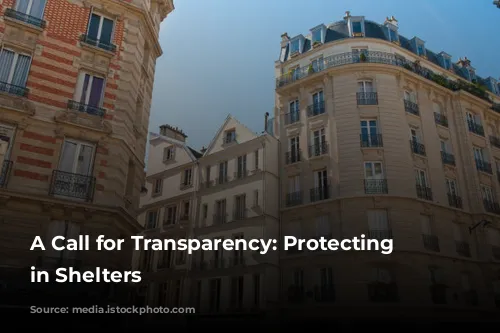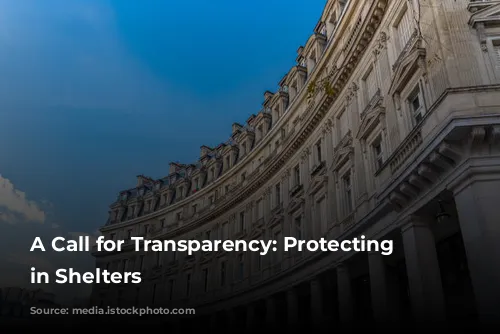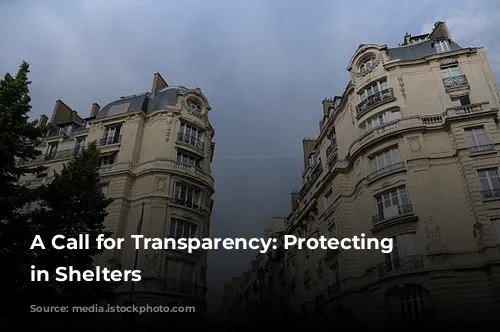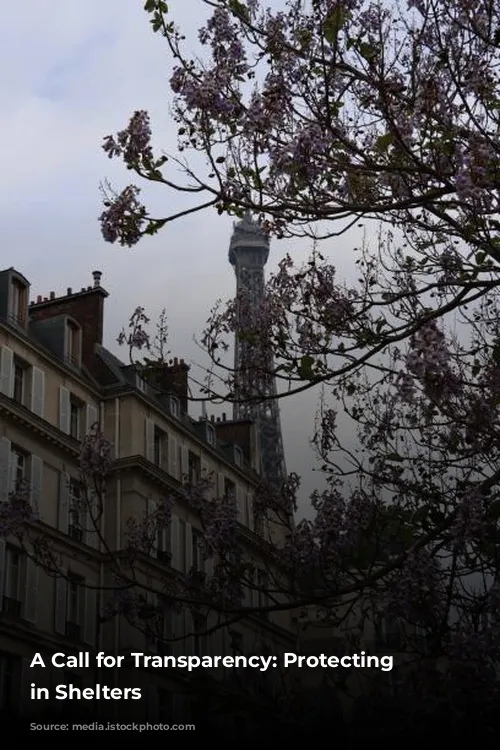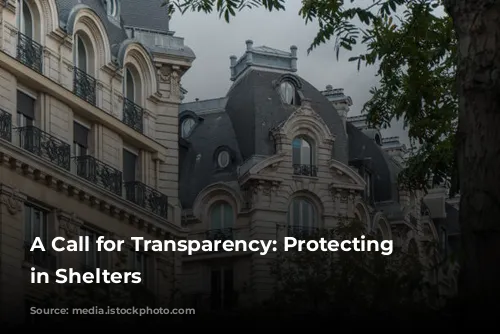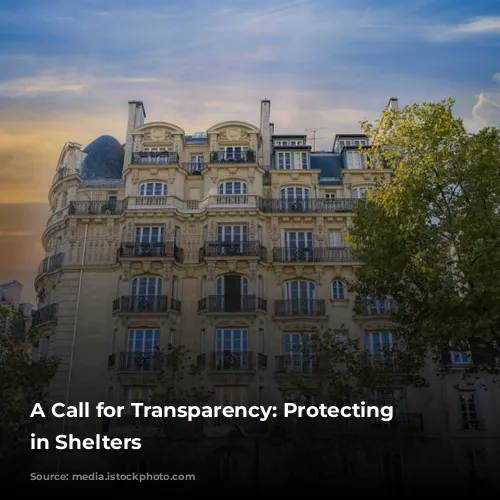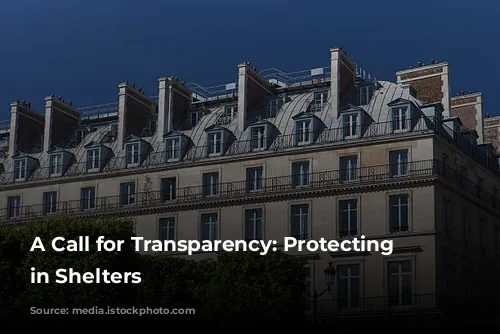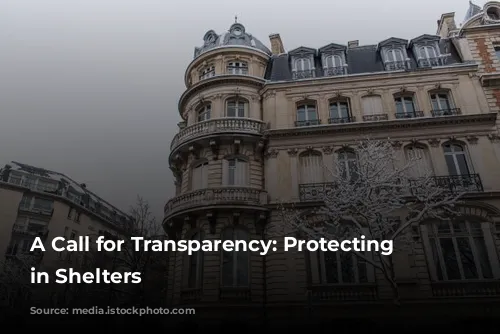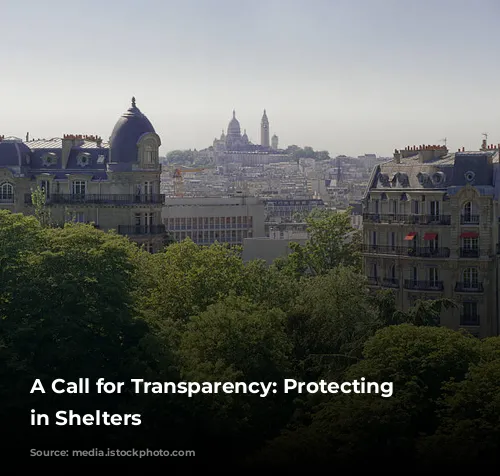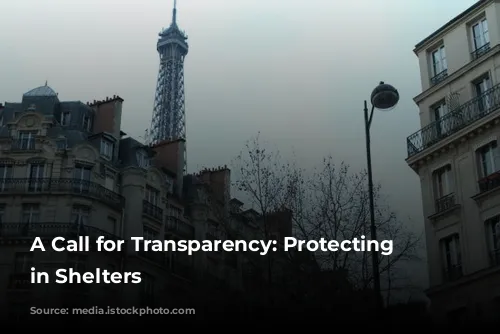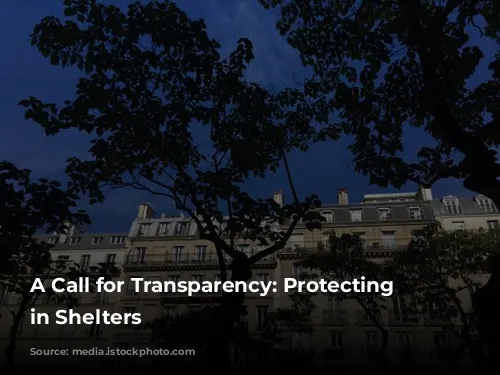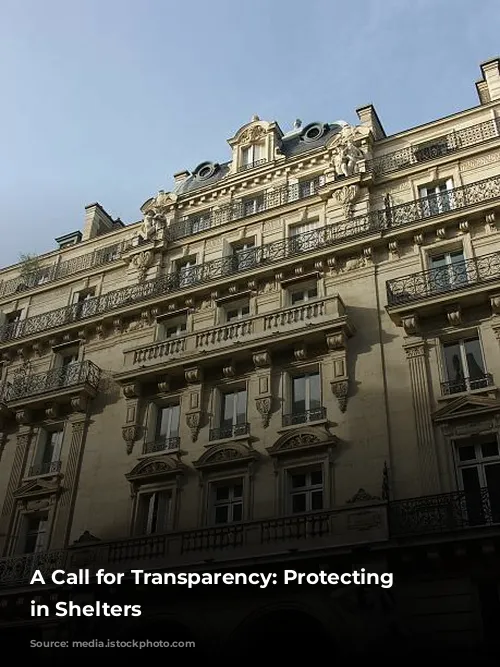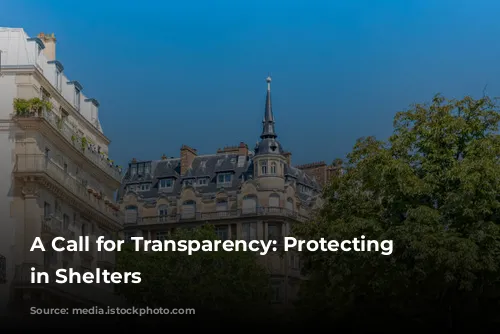A concerned citizen, M. Laurent Garcia, has brought serious concerns to the attention of the Minister of Agriculture and Food regarding the dire state of animal shelters. He highlights the disheartening reality of thousands of pets abandoned each year, especially during vacation season. These shelters, often lauded for their role in providing safe haven to abandoned, lost, and mistreated animals, are failing to fulfill their vital mission.
This article examines the alarming situation at the SPA (Société Protectrice des Animaux) in Paris and the 260 independent animal protection associations affiliated with the National Confederation for Animal Defense. Despite receiving millions of euros annually in donations, the Paris SPA has been repeatedly criticized by the Court of Accounts for its mismanagement, a situation that significantly hinders its ability to provide proper care to animals.
A System in Need of Overhaul
The Court of Accounts emphasizes the urgent need for shelter renovations, highlighting the chronic delays since 2009. Sadly, despite the generous contributions from the public, these vital upgrades haven’t materialized. This neglect raises serious questions about the effectiveness of animal welfare initiatives.
The dire conditions in many shelters demand immediate action. It is imperative to prioritize the well-being of animals, particularly those confined in unacceptable environments. The SPA, as a leading force in animal protection, must uphold the highest standards of care. This includes providing not only adequate facilities but also diligent medical attention, ensuring that animals have a chance at a new, loving home.
Ensuring Accountability: Monitoring Animal Shelters
The question arises: how are these shelters held accountable for their actions? The Ministry of Agriculture and Food provides insight into the monitoring systems in place.
Animal shelters are subject to dual oversight. Firstly, they are required to register with the DDCSPP (Departmental Directorate in Charge of Protecting Populations). This ensures compliance with strict regulations regarding shelter conditions and animal welfare. These regulations establish minimum space requirements for dogs and cats and outline mandatory standards for facilities and equipment.
While a three-year grace period was granted to accommodate existing facilities, the deadline for full compliance was January 1st, 2018. The DDCSPP rigorously monitors compliance with these regulations, ensuring the physiological and behavioral needs of animals are met. Cases of confirmed animal abuse are promptly addressed through administrative and criminal proceedings. Inspections by veterinary services have not indicated a heightened risk of mistreatment or inadequate care in these establishments.
Transparency and Public Trust
Associations recognized as “d’utilité publique” (of public utility) are held to a higher standard of transparency. They are obligated to submit their annual accounts, activity reports, and administrator lists to the Prefect of their department, the Minister of the Interior, and relevant ministries responsible for oversight. This ensures the association’s sound management, adherence to its statutes, and achievement of its public interest objectives.
When these organizations appeal for public donations, regardless of their “d’utilité publique” status, they must adhere to the law governing public fundraising. This involves registering with the Prefect and providing a detailed accounting of received funds and their utilization.
Furthermore, associations exceeding €153,000 in donations and grants are required to publish certified annual accounts, including a balance sheet, income statement, and appendix, along with an auditor’s report on the website of the Direction de l’Information Légale et Administrative (DILA). Failure to comply with these requirements can result in a hefty €9,000 fine.
The Court of Accounts rigorously scrutinizes the use of collected resources, ensuring they align with the declared donation purposes. Any discrepancies can lead to the suspension of tax advantages associated with donations, bequests, and other contributions. In addition, control bodies have the authority to conduct inspections to assess the functioning of these associations.
The SPA is under particular scrutiny, with the Government closely monitoring its implementation of the Court of Accounts’ recommendations through ongoing dialogue.
While no official department-specific list of animal protection associations exists, it’s possible to search for “d’utilité publique” associations on the www.data.gouv.fr website by cross-referencing the organization’s purpose and category.
Overall, the responsibility for protecting animals in shelters rests not only with the organizations themselves but also with government agencies, ensuring transparency, accountability, and the fulfillment of their mission to safeguard animal welfare.
